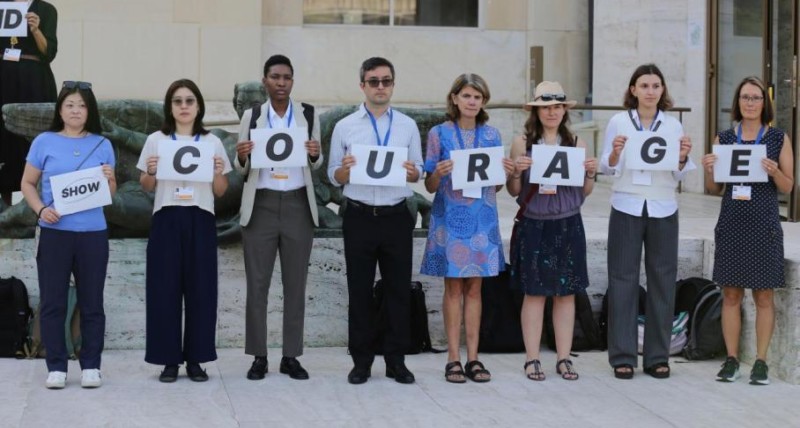A true jewel, a marvel of Nature and Culture, the hope of Tunisian Tourism, the pearl of the Mediterranean. Here are some of the qualifiers that could easily be given to Bizerte and its region. All this, unfortunately, did not allow it to grow and monetize all these assets as it should (see our column of 01/24/2024: “Tourism and regions: High potential, low profitability”)
Yes, high potential but low profitability. This is what we could say about Bizerte and its region, regarding Tourism, one of the most important strategic sectors of the country. The cause, several failures, including those resulting from ineffective public policies, themselves the result of a lack of political will and vision.
Our personal knowledge of the places, because we frequent them regularly as well as several visits as part of our professional activities, have convinced us of this sad reality. With its captivating beaches, its forests, its mountains, its two lakes, one of which is included on the list of natural heritage of Humanity (Lake Ichkeul), Bizerte and its region deserve better.
This without forgetting its rich agricultural areas, its villages with a rich cultural heritage, its archaeological sites, including the medinas and the well-preserved ruins of the first Punic city of Tunisia and many other assets, including water sports and a good number of events very interesting cultural.
Bizerte is also known for its good and rich traditional cuisine, its love for poetry, theater, music and traditional classical songs (of a spiritual and romantic nature). A martyr city, therefore labeled a city for Peace, Bizerte benefits from a significant presence of the National Army, which makes it safer. Still handicapped by its southern access, dependent on the removable bridge which spans the canal, Bizerte is still awaiting deliverance. With the construction process of the new bridge underway, we can hope that the city could better attract visitors and investors. The new bridge will, according to its design, avoid all the disturbances, inconveniences and hazards caused by the current bridge.
Because of the latter, the proximity of Tunis-Carthage International Airport (60 km) and the existence of a beautiful highway no longer have much value. As for Tabarka International Airport, located 150 km away, it is not of much help since it has been experiencing difficulties for years, to which is added the undeveloped road.
This observation was reinforced during a meeting organized recently in Bizerte on the initiative of the Tunisian Association for Tourism Development (Atdt, the elders of Tourism) with the support of the Bizerte Work and Development Association, which is chaired by Amor Bjaoui and the hotel unit of the late Afif Kchouk, in the presence of the regional Tourism Commissioner.
A round table, moderated by Lotfi Khayat, president of the Atd, with the theme “Tourism in Bizerte, situation and prospects” and enriched by the contribution of the participants, including Mahjoub Guerfali, one of the pillars of the said association and one of the most eminent references in the field and in the region, the contribution of the late Afif Kchouk and several other connoisseurs.
According to professionals and experts, the major problem of Bizerte and its region lies in the fact that they do not benefit from a real tourist development plan, like other regions and do not appear or almost on the tour operator dashboard. The region is simply relegated to oblivion according to them.
For our part, let us put on the index the absence or weakness of the tourist product and by extension the weakness of the relevance of any action of a commercial (marketing) nature. Note here that we cannot speak of a marketing strategy when the product does not exist or when it is weak and poorly defined.
It’s like exporting rough diamonds without any added value. A mineral that requires a second value chain including processing, cutting, incrustation and enhancement for sale with prestigious labels and brands and communication promotion work which will succeed in multiplying the added value of the finished product several times.
Despite all these advantages, Bizerte and its region remain with a low capacity for stays, if we exclude the non-negligible stays for summer family vacations outside hotels. The latter are operating at less than 30% of their capacity, even though they could do better. Some manage to make ends meet by renting the large halls for parties.
As for the contribution of Tunisians residing abroad and who return massively during the summer to the country, we should stop counting it in terms of the number of tourists or foreign exchange earnings because this prevents us from having an idea clear from reality.
From this aberrant situation, Bizerte and its region will continue to suffer as long as plans, programs and other measures are not designed and implemented as soon as possible.



